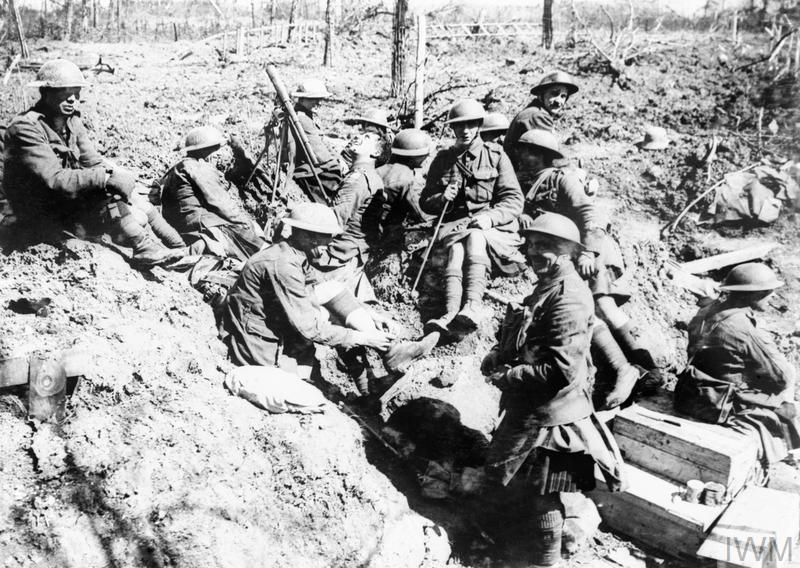Hugh Dobbie Carless joined the school in 1910, and although he was a member of Ashburnham House he was made a non-resident King’s Scholar in 1912. He left the school in December 1914, and although he had a place at Trinity College, Cambridge, Hugh enlisted in the 14th Battalion the London Regiment (London Scottish). He was made a 2nd Lieutenant in the 3rd Battalion (Reserve) the in June, 1915 and then was attached to the 2nd Battalion and went out to the western front on 29th May 1916.

Hugh was wounded at High Wood in the Battle of the Somme on 21st July 1916, but he returned to the front after his recovery in January 1917, and was attached to the 7th Battalion. He died on 24th April 1917, of wounds received in action on the Scarpe the previous day.
In the Ashburnham House Ledger, his successor as Head of Monitor of Ashburnham, H.L. Helsdon, writes a very positive account of his regime:
‘I find the task of criticising my predecessor especially difficult owing to the fact that under his leadership the wheels of the House rolled very smoothly. There was, as a matter of fact, practically only one phase of his management with which I have any fault to find, and that was his lack of originality. It is, perhaps, hardly fair to censure this, as it is certainly doubtful, if originality is a characteristic to be encouraged when in a position of this kind…there is no doubt that Carless was most consistent, and much praise is due to him for this good quality, which is so often lacking. Moreover he was rather a “man of moods” in my humble opinion, and therefore consider that he merits particular credit for not letting them influence, to the slightest degree, his management of the house, when it must often have required an effort to avoid so doing, especially when he was worried by his India Police Examination, captaining of football etc…Finally after this unsuccessful attempt to find fault with anything of any moment in any phase of this management, I must say of Carless that he was thoroughly conscientious in all house business and worked energetically for the good of Ashburnham, something which certainly cannot be said of all his predecessors and last but not least, left the house finances in a comparatively sound condition.’ Play 1914